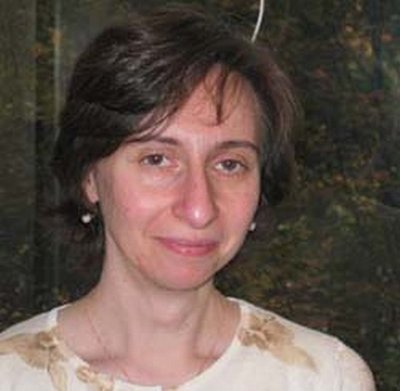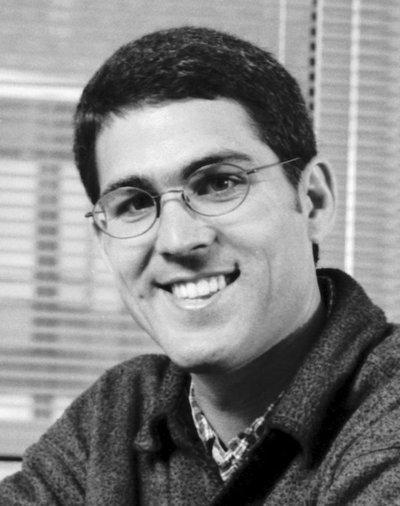March 9, 2006
Two UW profs win Sloan Research Fellowships
Two UW professors are among 116 outstanding young scientists, mathematicians and economists selected to receive Sloan Research Fellowships. Chemist Daniel Gamelin and mathematician Isabella Novik are the UW honorees — named along with faculty members at 55 colleges and universities in the United States and Canada.
Grants of $45,000 for a two-year period are administered by each fellow’s institution. Once chosen, fellows are free to pursue whatever lines of inquiry are of most interest to them, and they are permitted to employ fellowship funds in a wide variety of ways to further their research aims.
Gamelin’s research group currently is developing new routes for preparing a variety of magnetic semiconductor nanocrystals and thin films that might be used in emerging spin-based electronics technologies, or “spintronics.” One area of emphasis is understanding the chemistry of how nanocrystals grow when magnetic impurities are present. Another is understanding how to control the magnetic properties of materials to make them useful for device applications. Gamelin earned his doctorate and Stanford University and has been at the UW since 2000.
Novik’s research interests lie in the problems related to polytopes and polytopal complexes. These generalize the notion of a polygon, she says. For instance, a pyramid or a cube or a pile of cubes are examples. Novik earned her doctorate at Hebrew University in Israel and has been at the UW since 2001.
The Sloan Research Fellowships were created by Alfred P. Sloan, Jr. in 1955 to provide crucial and flexible funds to outstanding researchers early in their academic careers. Ralph E. Gomory, president of the Sloan Foundation, said, “The foundation believes this flexibility is often of great value to scientists who are at a pivotal stage in establishing their own independent research projects.
In the 50 years that the Sloan Foundation has been awarding research fellowships, 34 Sloan fellows have gone on to win Nobel Prizes and hundreds have received other prestigious awards and honors. With the current awards, the foundation has spent over $113 million for support of more than 4,000 young researchers. Candidates for the fellowships are nominated by department chairs and other senior scholars familiar with their talents.




